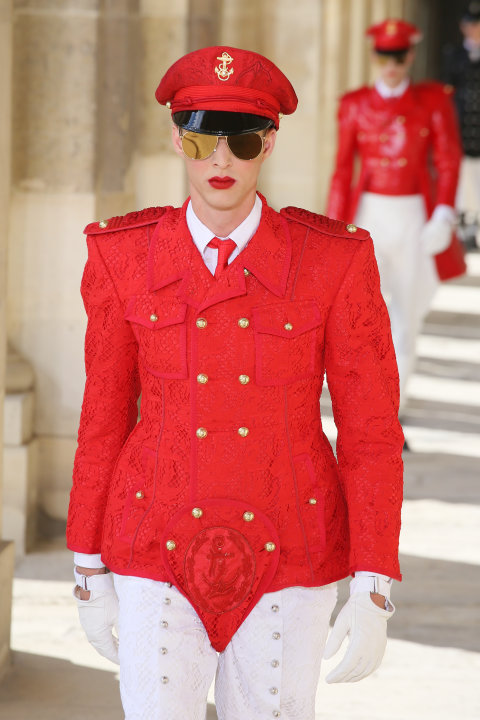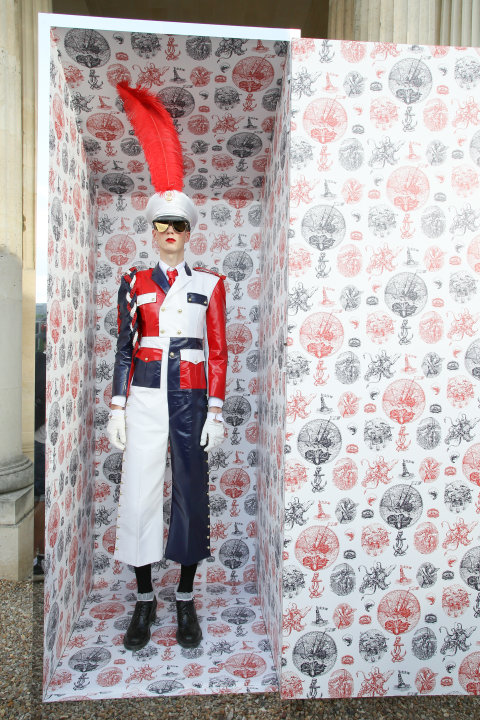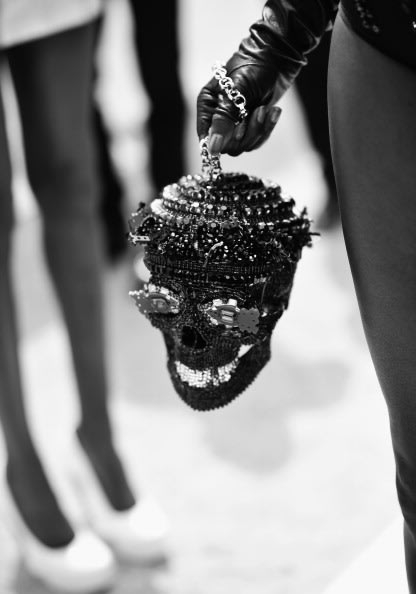Egypt’s Morsi refuses to step down, calls on military to withdraw ultimatum

CAIRO — President Mohamed Morsi was under growing pressure Tuesday to offer political concessions, facing a Wednesday deadline set by Egypt’s powerful military, a phone call from President Obama urging him to be responsive and an announcement by the Islamist Nour party that it supports both the army’s threat of intervention and a call by protesters for early elections.
Addressing the nation in a televised speech late Tuesday, Morsi acknowledged that he had made mistakes during his year in office as Egypt’s first democratically elected president. But he appealed to Egyptians to give him more time to deal with the country’s problems.
Protesters continue to gather in Egypt following the president's rejection of a military ultimatum to settle with his opponents.
In a defiant Twitter message before the speech, Morsi responded to the military’s ultimatum by saying he would not step down and that he would stick to “constitutional legitimacy.” He called on the military to withdraw its ultimatum.
Earlier, Morsi’s office had issued a vaguely worded statement, saying that the president would continue to walk the “path that was outlined,” regardless of “any statements that could deepen the divisions between the sons of the nation, and could threaten social peace.”
That initial missive, issued just after 1 a.m. Tuesday, did not respond directly to the ultimatum issued by Egypt’s military on Monday, after a weekend in which millions of anti-government protesters called for Morsi’s ouster in the largest show of opposition to the president since he took office one year ago.
“The country is heading toward a clash and a civil war,” said Salah Abdel Maboud, a spokesman for the Nour party, which won the second-largest bloc of seats in parliamentary elections last year.
The commander of Egypt’s armed forces,Abdel Fatah al-Sissi, told the government and opposition groups in a televised statement that the military would step in within 48 hours if they could not resolve the standoff that has paralyzed the country and led to a number of deaths in recent days.
The statement did not make clear whether commanders want Morsi to step down or share power, and it did not specify the kind of role the armed forces would assume if the stalemate continued. Instead, Sissi pledged to impose a “road map” toward a solution if the conflict persists, leaving considerable room for interpretation.
“If the demands of the people are not met within the given period of time, [the military] will be compelled by its national and historic responsibilities, and in respect for the demands of Egypt’s great people, to announce a road map for the future, and procedures that it will supervise involving the participation of all the factions and groups,” Sissi said, calling the coming two days a “last chance.”
The warning was widely interpreted as a threat to stage a coup, stoking fears of a violent backlash from Morsi backers and signaling a dark turn in Egypt’s volatile struggle to navigate a path to stable democracy since a popular revolution in 2011 ended 60 years of authoritarian rule. Angry crowds of Morsi supporters swelled in Cairo after the military’s statement, and clashes erupted between the president’s supporters and opponents in several cities.



















